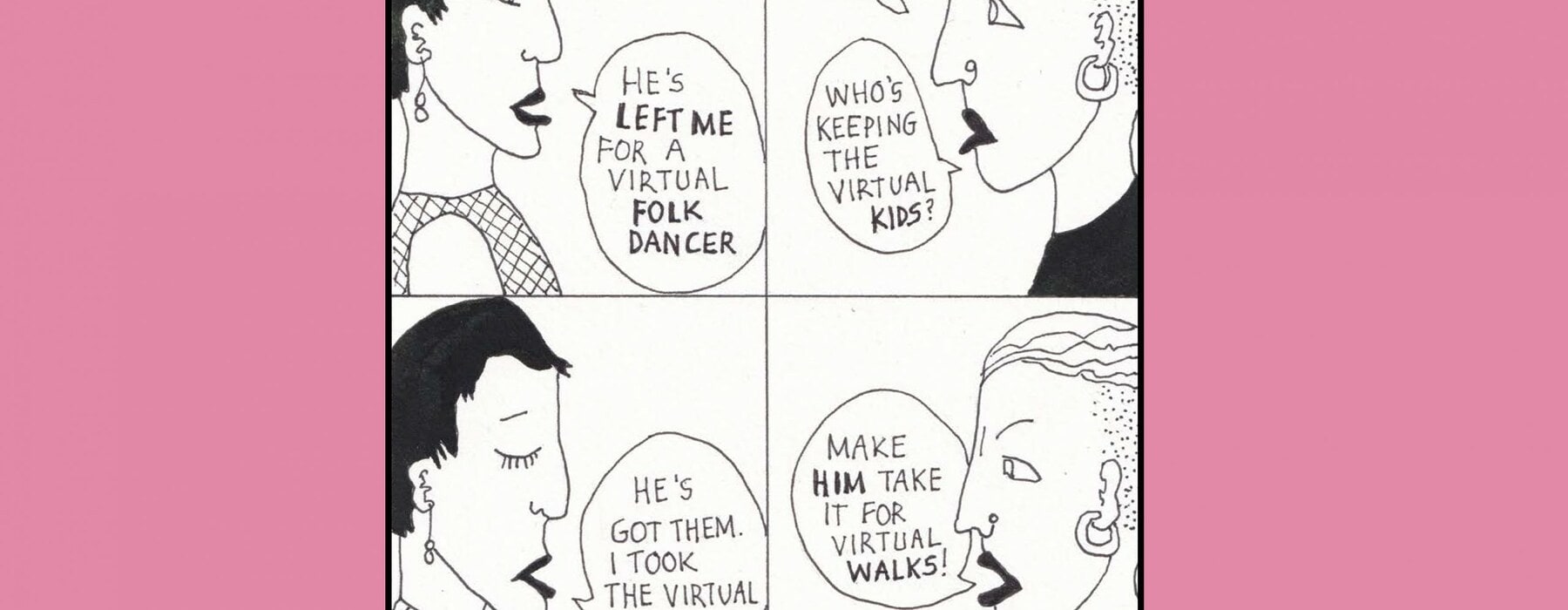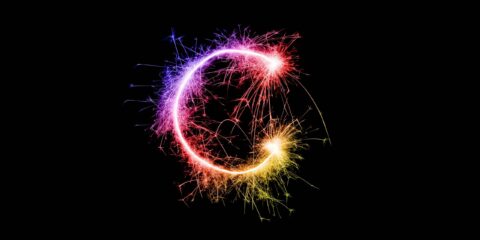Rosemary discovers that trolls don’t hide under bridges anymore. She explores how the infinite freedom available on social media can end in infinite harm.
I’m not on social media. I’ve had enough nastiness from people who didn’t like what I write to last a lifetime, so it’s not as if I’m missing anything.
People are brave when they’re invisible, especially when they write in capital letters in red ballpoint. Journalists put their name on what they write, and that’s an important difference. We don’t plot in dark spaces on digital media. We don’t invent or lie. We report, which is, strange to say, more difficult. Reality is our arena, though some people don’t seem to know what that is any more.
Donald Trump and fabricated reality are good reasons why we need now to confront the effect of the internet and social media on human behaviour. The connection with civil unrest in America is clear in the wake of the mob attack on the Capitol. Like many novel and seductive things, social media, too, hasn’t turned out to be entirely a blessing.
Twitter and other platforms deprived Trump of his favourite forms of communication for the last awful days of his presidency, when the damage was already done. That took five people dying and a mob assault on the seat of American government. He mastered the medium that spreads misinformation while calling the mainstream media the enemy of the people. Talk about ironic. An admirer scrawled “kill the media” in the Capitol as they invaded it. Trump fed that sick idea.
Who was surprised by the marauding mob? Only the people who should have been predicting and preparing for just that to happen.
People evidently loved the false intimacy of Trump’s Twitter feed, and he was happy to encourage malcontents on his mad ride as president. Just as the echo chambers on social media eradicated norms in people’s behaviour, Trump abandoned them in public office. That’s been a strange thing to watch in the country that invented “have a nice day.”
There are reasons why we have basic manners.
They make dealing with each other easier. We don’t insult each other freely and without good reason because it’s not possible to function in an atmosphere of aggression and hurtful remarks. But people do on social media. Trolling is a legitimate sport there. It has caused people to kill themselves. And we allow it.
Social conventions change over time. My mother disliked the way young people no longer called her “Mrs McLeod” but her Christian name, as if they were family. I get her point. She liked the respectability, back then, of having a married name, and who did it hurt? Well, what she disliked became routine, false intimacy. We have bigger problems now, not just in America.
Nobody predicted the dark web, international paedophile networks, conspiracy theories, QAnon – but we should have known that infinite freedom without boundaries could end in infinite harm.
We should have known that infinite freedom without boundaries could end in infinite harm.
We’ve said the internet is about freedom of speech, but what has happened there isn’t worthy of the name. Trump had freedom of speech, and by the time he’d pushed it too far, it was too late.
Would we have less “freedom of speech” if people couldn’t freely spread lies, children weren’t persuaded to pose for porn online by dubious “friends” and con artists didn’t strip the bank accounts of lonely people looking for love? Who needs “alternative facts” – a term for lies coined in the Trump era – and alternative realities?
Sadly, they’ve been more convincing than actual reality for many people.
Gunned-up, paranoid Americans have seemed more afraid of each other than a rampaging pandemic, encouraged by a reckless president to demonise each other and deny the facts. Social media needs to stand in the dock with the rioters for its part in this and submit to being regulated. What more proof do we need that total liberty is way too dangerous for our own good?








